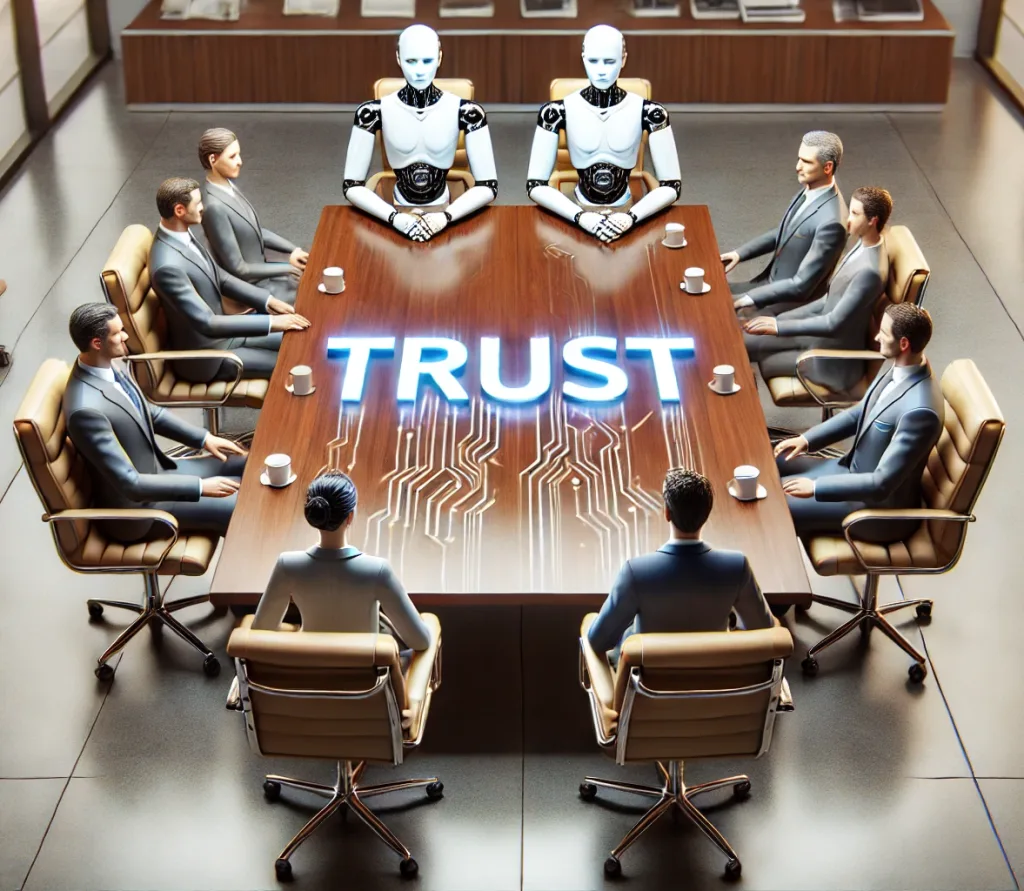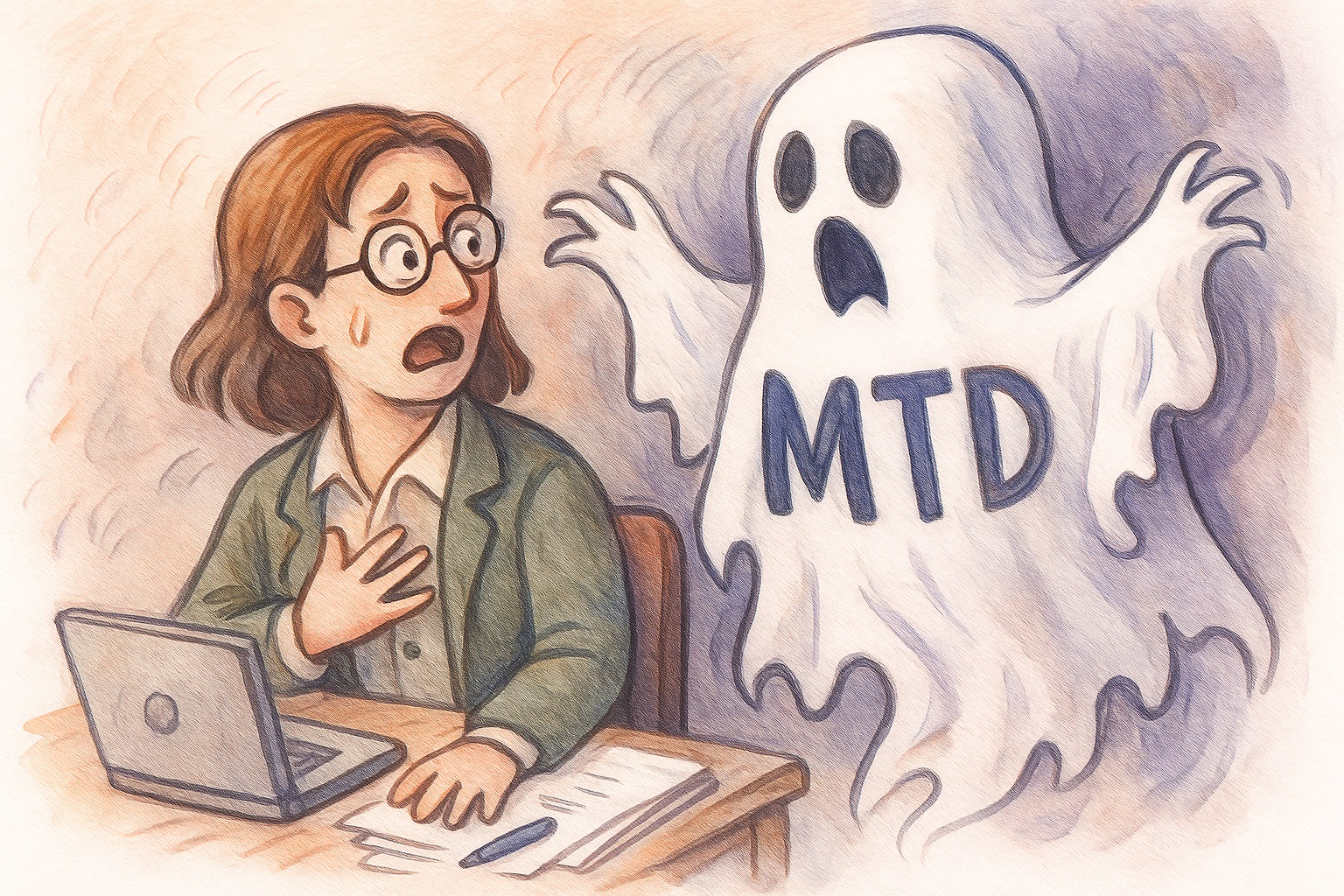Truth of Trust, AI & Humans
aka Not Your Average AI Article
A Truth: Warning, this article is likely to offend or upset some people – that’s life.
Why? Because this is NOT your average, typical article about AI. I’ve never read a single article about AI like this one you’re about to. That’s what inspired me. So keep reading.

The Truth of AI Articles
Your average, typical article about AI seems to take only one of two directions:
1) The possibilities of AI are endless, blah, ideas for how and where to use it, blah, blah.
2) Beware the dangers of AI, blah, trust, blah, risk, blah, control, blah.
I plead guilty to penning some similar compositions myself.
However, here’s three fundamental truths about what we’re calling AI today:
1) It’s just a bunch of code, originally written and developed, by mankind.
2) AI has since developed at a rate that we don’t fully understand. (this is why some commentators believe AI has already attained consciousness – how else could we explain something we don’t understand).
3) AI has been fed and trained on lots of very recent digital-only data about mankind. (only about 10% or less of human history has been digitised).
I’m confident that some learned fellows would disagree and say it’s ten truths – whatever, they’d be missing the point.
Those three truths can mean only one thing, if you think about it – if AI is full of opportunity and a great invention for mankind; or if AI is flawed, untrustworthy, in need of careful handling and control. Then we know why. Because hold a mirror up. Because humans are full of opportunity and wonder, and because humans are flawed, untrustworthy, in need of careful handling and control.
Let’s Come Back to Reality
So let’s cut through the noise and nonsense, shall we?
AI isn’t some magical entity that just appeared out of thin air to either save or destroy humanity. Nope. AI is our digital offspring—our creation, our reflection, our awkward teenager that’s just hit puberty, discovering its power and limitations simultaneously.
And like any teenager, it’s learning everything from its environment—us. Think about it; AI didn’t suddenly inherit prejudice, bias, or misinformation on its own—it picked them up from its human creators and the vast digital ocean of our collective thinking. Yes, humans: flawed, biased, occasionally brilliant, often deeply irrational.
Here’s another uncomfortable but essential truth: AI mirrors our society. Every magnificent achievement and every shameful failing is right there, staring back at us. Worried about biased AI algorithms? Check your biases first. Afraid AI is invading your privacy? Perhaps reflect on how we’ve all willingly sacrificed privacy for convenience (hello, social media).
Trust issues with AI? Well, trust issues are fundamentally human issues. We have trouble trusting each other, our institutions, even ourselves. So, should we really expect a piece of code—no matter how sophisticated—to magically embody flawless trustworthiness?
Conclusion
AI doesn’t need us to ‘fix it.’ We need to fix ourselves. The code we write, the data we provide, the ethical decisions we program—these are extensions of our own values, judgments, and yes, our own confusions and fears.
So here’s a radical idea: perhaps instead of panicking about how to control AI, we should invest a little more energy in understanding and improving the human side of this equation. Improve humans, improve AI. Crazy idea?
We have an extraordinary chance with AI—to genuinely reflect on ourselves, our motivations, our flaws, and our greatness. AI isn’t the problem or the solution—it’s the ultimate mirror held up to humanity.
Are we brave enough to really look?



